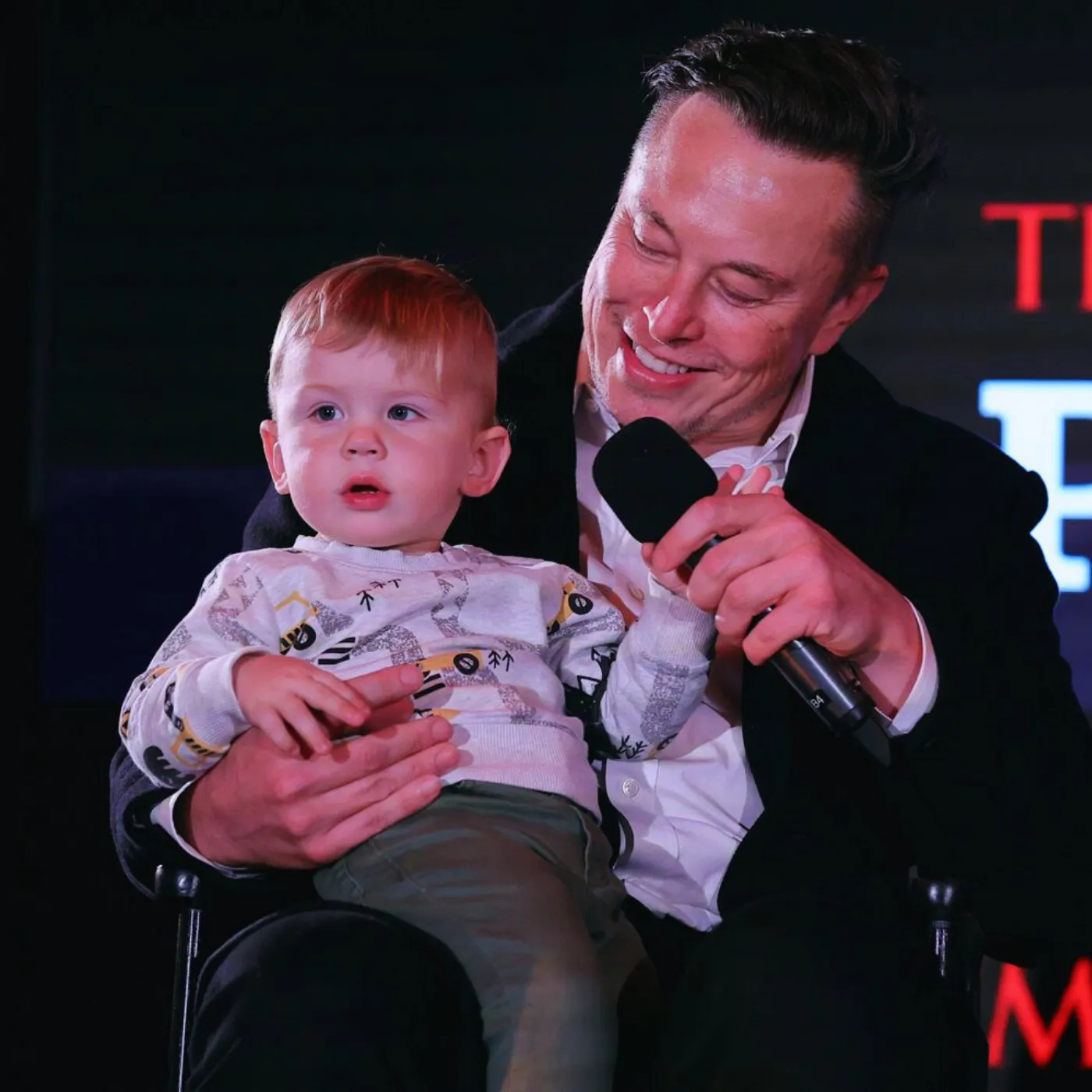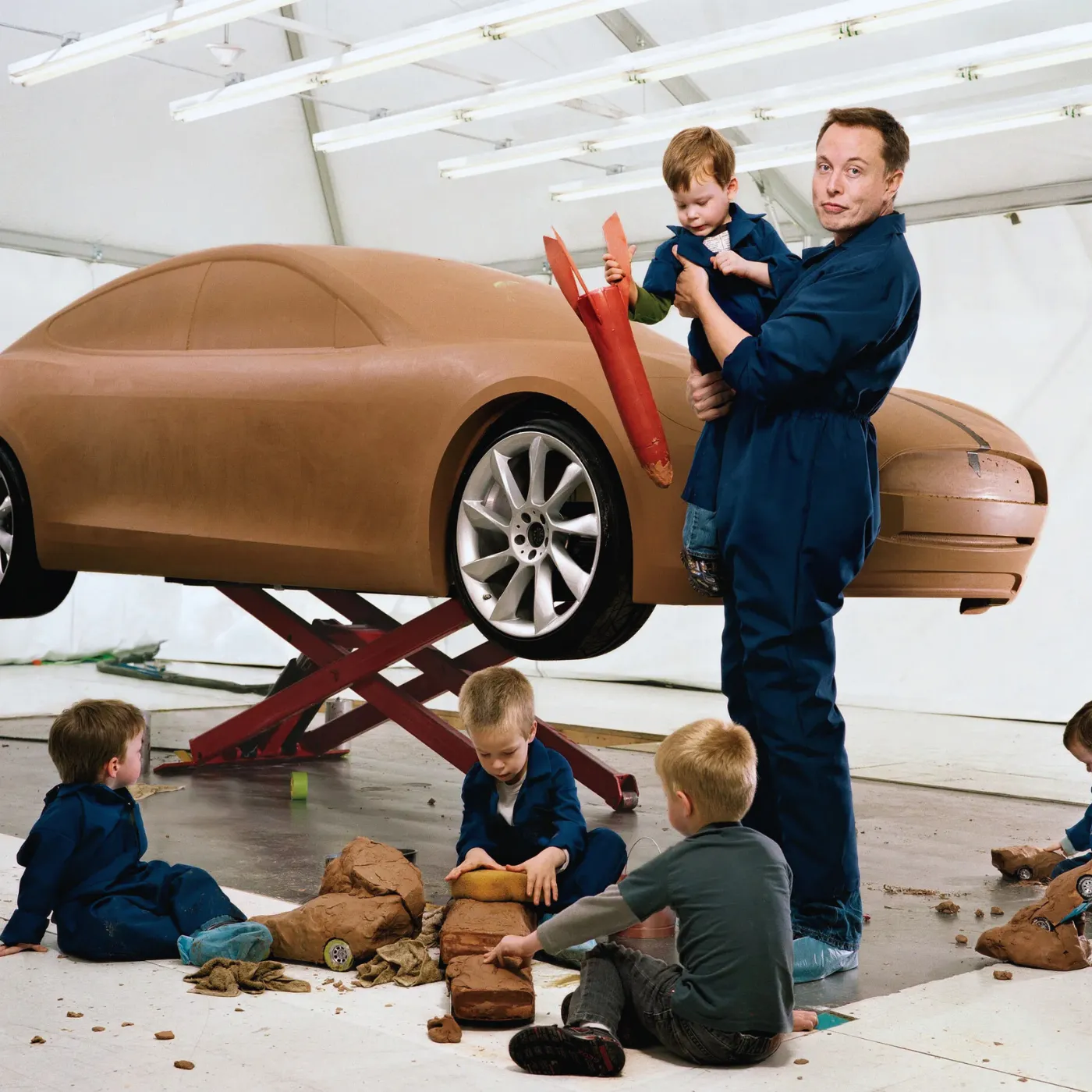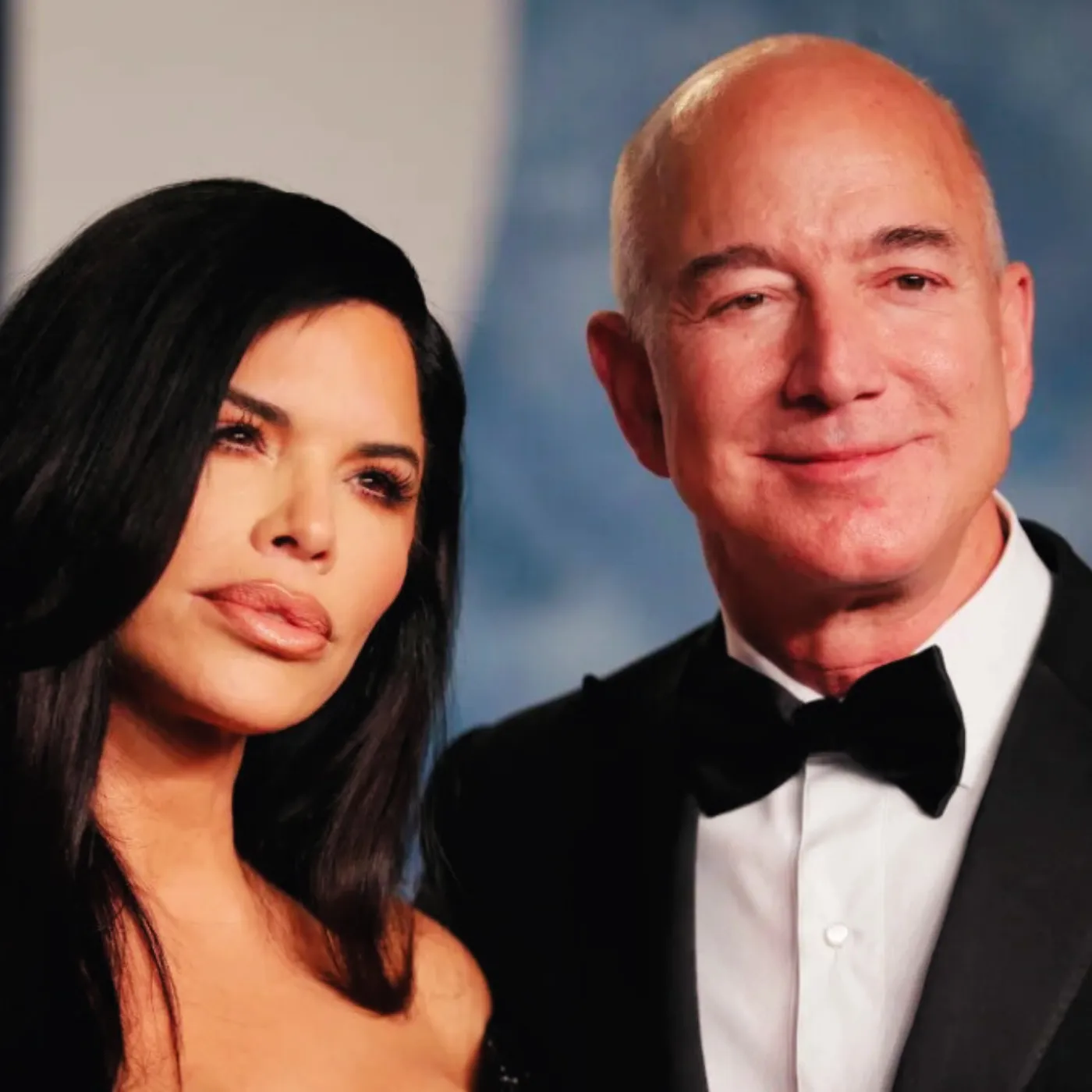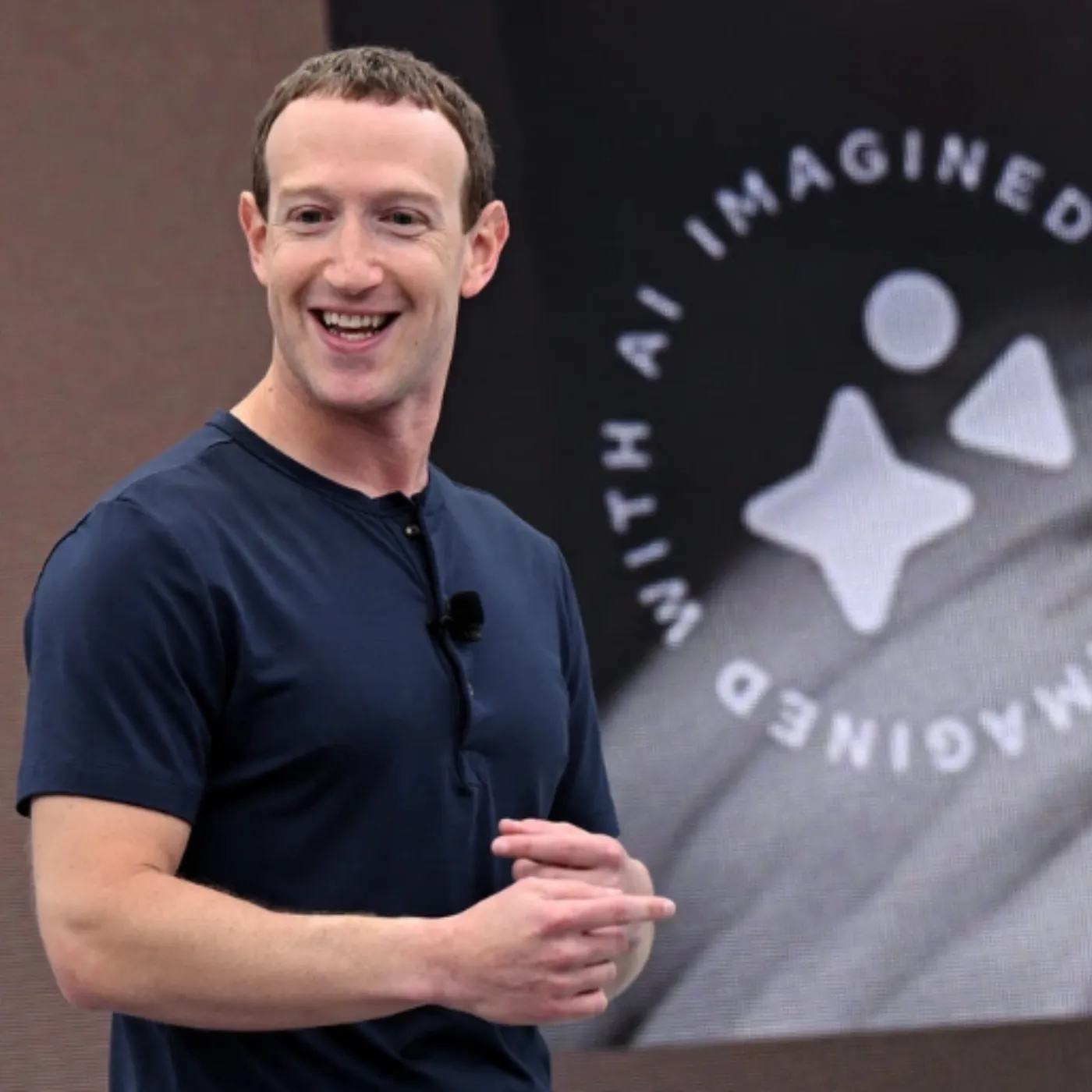

Elon Musk’s Baby Drive Is a Bold Gamble to Shape Humanity’s Destiny
Elon Musk is no stranger to headlines. Whether he’s making bold moves in the world of electric vehicles, venturing into space with SpaceX, or enhancing brain technology with Neuralink, Musk always seems to be at the center of bold, sometimes controversial, initiatives. But lately, the Tesla and SpaceX CEO has found himself in the spotlight for an entirely different reason: his push to tackle one of the world’s most pressing yet rarely discussed issues—the global birth rate decline. In a time where many are grappling with challenges like climate change, political unrest, and economic uncertainty, Musk’s mission to address population decline has sparked heated debates. Is Musk’s personal drive to encourage higher birth rates a stroke of genius or a self-serving gamble? In this article, we take a deep dive into Musk’s baby machine, exploring his approach to raising the birth rate and how his vision could change the trajectory of humanity’s future.

The Global Population Crisis: A Shrinking Future
At first glance, discussions around population rates might seem like something out of a science fiction novel. But the reality is far more pressing than that. Many developed countries around the world are experiencing what experts call a demographic decline—a shrinking population. The United Nations predicts that by 2050, the global population will stabilize, with many regions seeing a drop in numbers. While this may sound like a distant concern, it is already affecting countries like Japan, Italy, and Russia, which are facing aging populations and low fertility rates.
Musk, ever the visionary, has taken a bold stance on this issue. Population decline, in his view, isn’t just an economic or social problem; it’s a threat to civilization itself. With fewer people being born to replace aging generations, Musk argues that humanity is on a path that could result in stagnation, or worse, extinction. As he’s stated publicly, “The biggest risk to civilization is the low birth rate and the rapidly declining birth rate.”
But why does Musk care so much? Musk’s personal wealth and influence have allowed him to make headlines for his daring ventures, but his interest in population decline seems to run deeper. He sees the survival of humanity as tied to the survival of human ingenuity and growth—and in his eyes, a shrinking population threatens that.
Musk’s Baby-Making Mission: A Personal Endeavor
Elon Musk isn’t just talking about this issue from the sidelines; he’s actively participating in it. As of 2025, Musk has fathered 10 children. Yes, you read that correctly—10. This number is notably high for a man of his wealth and stature, and it’s sparked conversation about Musk’s personal commitment to tackling the world’s birth rate issue.
Musk’s family life has attracted a great deal of media attention, especially his relationship with Grimes, the Canadian musician with whom he shares a son named X Æ A-Xii. But Musk’s procreation efforts go beyond just one relationship. His commitment to having more children is a clear indicator that Musk sees population growth not just as a theoretical problem but as a personal mission.
In interviews, Musk has made it clear that his actions align with his philosophy: the more children, the better for the future of humanity. And his own personal quest for larger families—both his own and encouraging others to do the same—aligns with his overarching view that humanity needs more people to secure a future full of growth, exploration, and, ultimately, human survival.

The Ethical Debate: Should We Really Be Having More Babies?
Musk’s mission has sparked fierce debates among ethicists, environmentalists, and social thinkers. Some have argued that Musk’s call for more children might sound too simplistic and even counterproductive. After all, the world faces a climate crisis, depleted resources, and rising poverty levels—shouldn’t we be focusing on fixing these issues instead of simply having more children?
Environmental Concerns: More People, More Problems?
One of the biggest criticisms of Musk’s call for more babies is the environmental impact. Critics point out that more people means more consumption of natural resources—more food, water, and energy. The more the population grows, the greater the strain on the planet’s ecosystem. Some argue that Musk’s focus on increasing the population could exacerbate global warming, pollution, and deforestation, as more people would lead to a greater demand for resources.
However, Musk seems to acknowledge this tension. He’s often spoken about technological innovation as a potential solution to the planet’s environmental problems. Musk’s work with Tesla, SolarCity, and SpaceX revolves around finding ways to decouple humanity’s growth from its environmental impact. Musk believes that sustainability through technology can allow the planet to support a larger population, as long as we’re able to innovate our way out of the environmental constraints.
The Economic and Social Implications: Will More Babies Help the Economy?
On the other hand, Musk sees a growing population as essential to economic growth. Many economies, particularly in developed nations, are grappling with low birth rates that result in aging populations. This demographic shift puts a strain on social welfare programs and economic productivity, as there are fewer workers to support an aging population.
Musk argues that young people are the backbone of economic growth, and having more children ensures that future generations will have the workforce necessary to support innovation, create jobs, and fuel economic expansion. In his view, declining birth rates are not just a social problem—they are a direct threat to future prosperity.
The Role of Technology in Shaping Population Growth
Musk isn’t just about talking—he’s known for his disruptive ideas that often challenge the status quo. His thoughts on population growth come with a technological twist. According to Musk, technological advancements could offer solutions to many of the challenges associated with population growth. From fertility treatments to robotics that can ease the burden of childcare, Musk believes that technology can make life easier for parents, encouraging more people to have children.
Moreover, Musk’s efforts to colonize Mars with SpaceX have also been framed as part of a broader effort to ensure humanity’s survival in the face of global challenges, including a shrinking population. Musk argues that by creating a multi-planetary civilization, humanity could ensure that we continue to grow and thrive, even if Earth’s population faces a steep decline.
His belief that technology can solve any problem is central to his philosophy on population growth. Musk is pushing for a future where, instead of facing the limitations of a shrinking population, technology allows humanity to overcome these challenges and continue expanding.
The Controversy: Is Musk’s Baby-Making Mission the Answer?
As with most of Musk’s initiatives, his push for a higher birth rate is not without controversy. Critics have questioned whether Musk’s wealth and privilege give him the right to dictate such intimate aspects of human society. There are also concerns that his views are elitist and could exacerbate existing inequalities. While wealthy individuals like Musk may have the means to raise large families, many poorer families struggle with the financial and social burdens of having children.
Musk’s suggestion that governments and corporations incentivize higher birth rates has also been met with skepticism. Can we really solve global issues by simply having more babies? Some argue that the focus should be on improving living conditions and access to resources, rather than just increasing the number of people. The debate over how best to tackle the world’s demographic issues will continue to evolve.

A Visionary or a Dangerous Gamble?
Elon Musk’s push to increase the world’s birth rate is a bold and controversial vision that forces us to rethink how we approach the future of humanity. His commitment to having more children and encouraging others to do the same raises important questions about the balance between growth and sustainability.
While Musk’s personal mission to father 10 children may seem eccentric to some, it underscores a deeper concern about the future of civilization. Is Musk’s baby machine a visionary solution to a demographic crisis, or is it an impractical gamble that could make global challenges worse?
Ultimately, the answer will depend on how we as a society choose to address the issues of population growth, economic sustainability, and technological innovation in the years to come. One thing is certain: Elon Musk is not afraid to take risks, and his quest to shape the future of humanity will continue to generate conversation, controversy, and, for better or worse, change.



















Post Comment